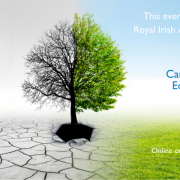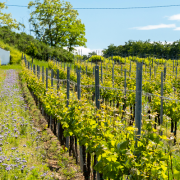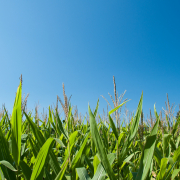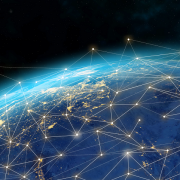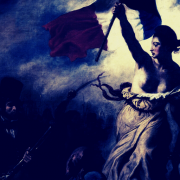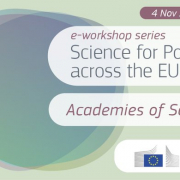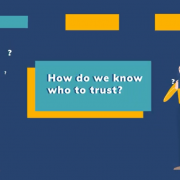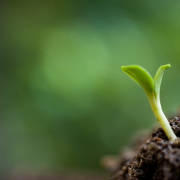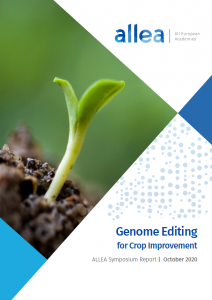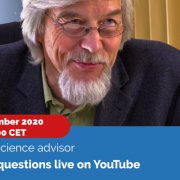A commentary by the ALLEA President
It has now been more than 4 years since the decision by the people of the United Kingdom to depart from the European Union. The European research community was united in shock upon receiving the results of the plebiscite and has since, with many voices and on many occasions, raised concerns that scientific collaboration should be looked at as a global concern rather than a political negotiation piece. Scientists are by nature revelling in discourse and disagreement, yet for once we all shared the same sentiment: we are better off together.
In fact, not only are we better off together, after more than 60 years of growing ever closer, of researchers moving about freely across the continent, of multinational research consortia spearheading most innovative scientific breakthroughs, it is inconceivable to disentangle the many co-operations that exist on so many levels across European academia. And even if we were able to do so, the price to pay would be diminished quality of research, something that we can all agree on would be a step in the wrong direction.
It now seems that at long last, the negotiations on the UK departure from the EU are coming to a close. What started as uncertainty on the conditions of future research association of the UK to the EU is now turning into tense anxiety as firm commitments still go amiss and researchers on both sides of the English Channel fear their tried and trusted collaborations with their partners may soon come to a premature end.
Throughout the process ALLEA has continuously reminded decision-makers on both sides of the table that scientific research must not be used as a pawn in political tit-for-tat. In doing so we did not tire to remind them that partnerships are difficult to build, but easy to destroy. At the moment, we are running the danger of doing the latter without any regard on how to rebuild them after.
As if we needed any more reminders of the vital necessity of international research collaboration, this year’s COVID-19 pandemic has made this point ever more pressing. By giving up on long-established and well-functioning research collaboration mechanisms we risk being worse prepared than better prepared for the global challenges to come, COVID-19 was certainly not the last of them.
ALLEA therefore can only reaffirm its call, which we share with our UK Member Academies, to ensure the highest degree of participation of UK research institutions in EU research framework programmes. As a Swiss myself, I know all too well what it feels like to be in a limbo when it comes to the relationship with the EU. But precisely for this reason I do know that Switzerland benefits from being part of the European scientific area much more than any perceived or real loss of sovereignty could take away from.
The scientific endeavour inherently does not have a passport, it is a truly global citizen and it would be a shame to restrict its abilities for the purposes of political negotiations. It is therefore my urgent call to everyone involved to let common sense prevail, to show reciprocal trust and to ensure that we can wake up in 2021 knowing that our colleagues and partners from yesterday will still be our colleagues and partners tomorrow.
Antonio Loprieno
ALLEA President

